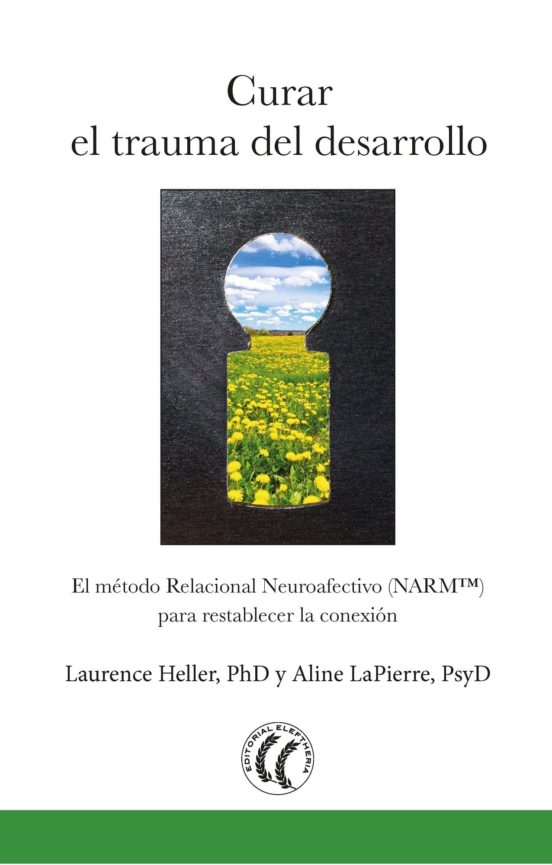


This organismic impulse toward life is the fuel that powers the NARM approach. We all possess a spontaneous inner movement inside of ourselves toward connection, health, and vitality just like plants instinctively grow towards the light.

However, the desire to feel alive is one of the most powerful that we possess: NARM’s mission is to acknowledge and restore the élan vital (life force) that lies within all of us. A disturbance, premature breakdown of this self-regulatory capacity, or even a loss of connection in the first phase of life with one’s mother or caregiver is always traumatic. As a result of this trauma, an individual may lose the natural capacity to self-regulate emotions and physiological functions such as respiration, heart rate, blood pressure, digestion, and sleep. This natural endowment becomes compromised by premature trauma and relational trauma that may occur during developmental years. This means that we are capable of resting when we are tired or of relaxing when we are stressed, and so on. Our natural condition enables us to self-regulate. The concept of self-regulation has become a topic of fundamental importance in recent years both in neuroscience and psychology. Using NARM it is possible for the therapist to discredit the client’s deep-seated belief that his or her identity lies within restriction and self-judgment. The processes that distort the interconnection between the two levels, “disconnection” processes that can develop within any realm of personal experience, damage psychology, physiology and the individual’s ability to relate. By focusing on the present and the patient’s own resources, it is possible to treat distortions of identity such as low self-esteem, guilt, shame, and chronically negative self-judgment. The objective is the reconstruction of a functional unity and connection between the individual’s biological and psychological development. NARM develops somatic mindfulness in order to sustain the neurovegetative system’s growing capacity to regulate itself. Laurence Heller, after a long career as a therapist (he co-founded the Gestalt Institute of Denver in 1972, followed by the Rocky Mountain Psychotherapy Institute), developed a therapeutic model that integrates psychotherapy with SE, called The NeuroAffective Relational Model™ or NARM (for more information, please refer to the book Healing Developmental Trauma by Laurence Heller, PhD, and Aline LaPierre, PsyD, North Atlantic Books, 2012). The NeuroAffective Relational Model™ (NARM),ĭr.


 0 kommentar(er)
0 kommentar(er)
